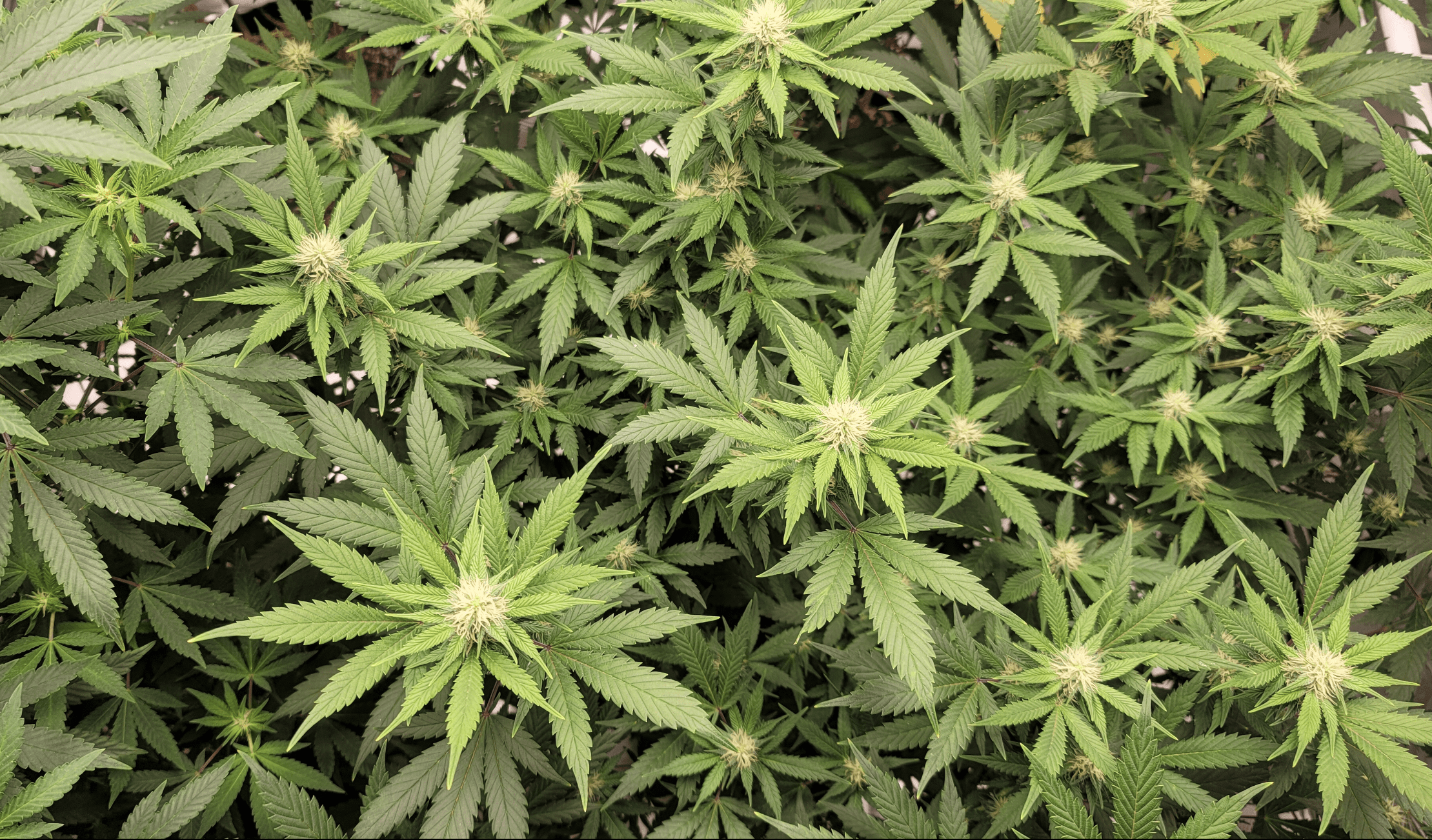Politics
Cannabis Company Says Afghanistan Plans Hinge On International Recognition Of Taliban Regime

A German marijuana company says it is still in talks with the Taliban regime of Afghanistan about setting up a cannabis production operation in the country—but some international issues need to be resolved first.
There’s been a good amount of confusion over the deal, starting with the very idea that the regime would be open to allowing commercial cannabis production in its borders given its historically harsh treatment of people who use illicit drugs.
Things became more muddled after the Afghan Ministry of Interior Affairs announced the contract deal late last month with a company called Cpharm and initial press reports identified an Australia-based firm of that name. In actuality, it’s separate German Cpharm that’s involved with the project.
The company was apparently caught off guard by the Afghan announcement. But while they’ve since confirmed that the deal is in the works, a spokesperson told Marijuana Moment in an email that “CPharm is waiting for inter-governmental negotiations between the current Afghan Government and the importing countries.”
“Also, in order to proceed with investments in medical cannabis facility, it is essential for the current government to receive” approval from the United Nations’s International Narcotics Control Board (INCB).
Cpharm has been critical of the prior administration before the Taliban swept in and seized control this year following the U.S. military withdrawal. They’ve been working to set up shop in Afghanistan since medical cannabis reform was enacted in 2017 but found the government “very corrupt” and “in bed with criminals who wanted to keep a monopoly on illicit cultivation and blocked our contract,” CEO Werner Zimmerman separately told Cannabis Now.
With the Taliban regime, they see an amenable partner. But the new government has yet to receive the legitimacy of international recognition—something that’s necessary to move forward and finalize the agreement. Cpharm is seeking to establish an extraction facility in the country, using cannabis grown from local farmers, and exporting the products to foreign buyers.
A spokesperson told Marijuana Moment that “the lack of UN recognition prevents the project from proceeding because with lack of recognition [the] current Afghan Government cannot export medical goods without the INCB approval and countries may introduce trade embargoes for such sensitive products.”
“But we firmly believe that the Islamic Emirate of Afghanistan (IEA) has the prospect to finalize successful agreements with INCB and importing states because they have the ability to reduce drug trafficking significantly if legal alternative paths are enabled,” they said, adding that the company is “determined to pursue this project since Afghanistan has the potential to become the world’s largest agricultural cannabis producer.”
In an October 2021 presentation on the plan that Cpharm shared with Marijuana Moment in partially redacted form, the company said that creating the cannabis facility could help displace illicit operations for the plan, as well as poppies that are used to make heroin.
The “export potential will increase significantly over the next few years due to the increasing use of components of the hemp plant, along with the progressive liberalization in more and more international markets,” one slide says.
“The objective is to build an ecological, sustainable value chain in agriculture and pharmaceutical industry in the Islamic Emirate of Afghanistan to provide a highly profitable and significant income alternative to the current No. 1 and 2 of the Afghan economy, mining and illegal poppy and cannabis industries for the international drug market,” it says. “Due to the geographical location of Afghanistan, a 4 times larger medical cannabis harvest can be brought in per [meters squared] than, for example, in Morocco, the largest cannabis growing area in the world.”
The presentation also touches on security, profitability and logistics aspects of the cannabis plan.
Additional confusion in the original announcement also concerned how much money was being invested in the project. Cpharm said that while the Afghan official put that number at $450 million, the talks are currently about investing $45 million over a five-year period.
In general, the notion of partnering with a divisive regime like the Taliban has opened the company up to criticism, with some challenging the ethics of the deal.
Steve Rolles, a senior policy analyst with the Transform Drug Policy Foundation in the UK, told Marijuana Moment that it’s not especially surprising to see corporations seek out deals with low-income countries. But the ethical questions in this case are especially pronounced.
“On the face of it, bringing investment and jobs to an economically struggling region isn’t a terrible thing. But there are bigger concerns about the nature of the relationship—which is primarily designed to benefit the foreign investors, not the local economy,” he said. “In many respects we can see the same exploitative colonial structures that have played out through the drug war being replicated.”
“There is also the obvious concern that an injection of capital will enrich and empower the highly problematic Taliban regime—which is the reason why traditional aid donors have been very reluctant to return to Afghanistan since the allied withdrawal, despite the obvious needs of Afghani people,” Rolles said.
While the Cpharm is excited about opportunities to expand its operations to Afghanistan, which has historically been known as a central cannabis-producing country, the new government in the company’s home country Germany also has plans to legalize marijuana for adult use domestically, opening up a new market.
View the Cpharm presentation on its plan for cannabis cultivation in Afghanistan below:
Click to access cpharmpresentation.pdf
Top Maryland Lawmaker Files Marijuana Legalization Referendum For 2022 Ballot
Photo courtesy of Mike Latimer.



